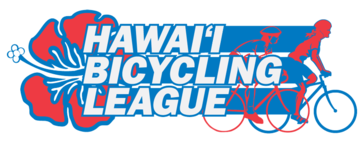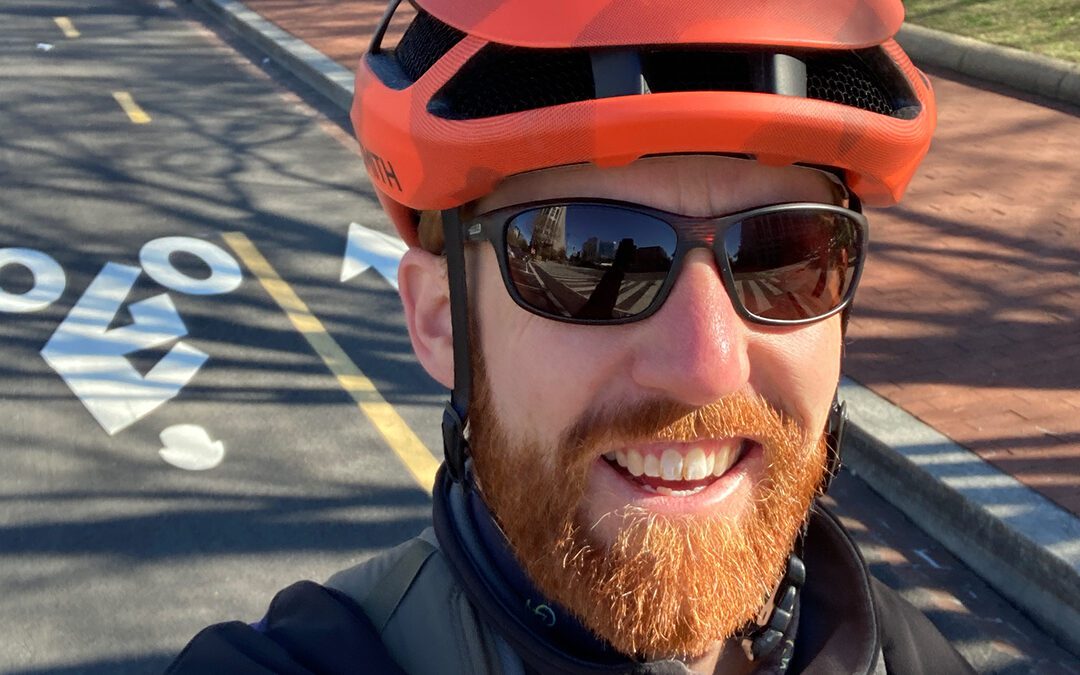March 30, 2023
Travis Counsell
The League of American Bicyclists hosts the National Bike Summit in Washington, D.C.. This was the first year it was primarily in-person since the pandemic. Thanks to a grant from the Hawaii Community Foundation, I was able to attend in person and it was an awesome experience.
This event serves as one of the larger gatherings of non-profit bicycle organizations, largely focused on advocacy efforts at various levels. The multi-day conference hosts numerous workshops, roundtables, and keynote speakers. The topics vary from non-profit fundamentals to working with victims & families of traffic violence. There are numerous opportunities to connect with like-minded individuals and share best practices as well as explore new ideas/concepts.
The first day of the event was a sub-conference focused on the Active Transportation Leadership Institute, which the League absorbed after the Alliance for Biking and Walking dissolved a decade ago. We had workshops to discuss membership programs and how to evolve those to meet the needs of your community and organization. We talked about how to expand fundraising efforts and create fundraising plans. We also heard from several city organizations that had experienced bikelash recently and how efforts to minimize the negative impact were employed.
The first day wrapped up with a DC Sights at Night bike ride. It was awesome to learn more about the monuments and memorials from a local DC guide. We cruised by the Capitol, down the National Mall, to the Washington Monument. Worked our way around the WWII memorial and over to the Lincoln memorial. Quick stop at the Einstein statue and finished up at the White House. Thanks to Jeff at DC Cycling Concierge for the tour!
Also thanks to Capital Bikeshare for providing participants with a credit while at the conference, so there have been many, many rides! Including a lunchtime ride to explore the Cherry Blossoms around the Tidal Basin!
The League also did a great job bringing other DC bike folks into the conference, including evening activities with DC Bike Polo, and DC Bike Party, as well as mobile workshops with WABA, DDOT, AARP, and the Dutch Cycling Embassy (who is visiting DDOT). We had speakers from DDOT talking about Equity in Road Safety and the new funding available for active transportation projects.
One of the other highlights of this conference is the opportunity to connect with similar organizations from different parts of the country. There were people from Alaska, to Georgia, to Maine, and everywhere in between. Conversations over coffee, lunch, and dinner helped form relationships that will create a stronger support network to help elevate all of our organizations. We also had opportunities to engage with some of the folks from the cycling industry. The Sram Foundation hosted a roundtable conversation about how the industry can support local advocacy, with additional input from PeopleForBikes. I connected with the Love To Ride program, which is an app that helps form habits to get more people riding bicycles.
We also heard from the Family for Safe Streets coalition, which helps victims and families of traffic violence navigate the trauma and spark advocacy efforts to help reduce future trauma. The talk focused on how advocacy organizations can engage with these individuals and families in a respectful and meaningful way.
The final day of the conference was lobbying day, where advocates met with their state’s legislators with specific national asks, as well as opportunities to engage on local issues. This year’s focuses from The League were on the EBIKE Act, which provides a tax credit on ebike purchases, a call for safer trucks by requiring side skirts, and a focus on the Sarah Debbink Langenkamp Act, which honors a foreign service member who was evaluated from Ukraine only to lose her life while riding a bicycle in Maryland, and allows certain federal funds to be used in place of local match funds to expedite certain key active transportation projects.
I was fortunate enough to have meetings with all four of Hawai‘i’s legislators. Congressman Ed Case, Congresswoman Jill Tokuda, Senator Brian Schatz, and Senator Mazie Hirono. In addition to the focuses provided from the League, we discuss additional funding opportunities that could make Hawai‘i a better place to walk, bike, roll, and live. These include the Safe Streets & Roads for All program through USDOT, as well as congressional earmarks and appropriations. I look forward to working with the State and counties to ensure we’re applying for, and HBL is providing support whenever possible, federal project funds.
This was an awesome experience and excellent relationship building that will directly improve HBL’s role in statewide advocacy efforts. I look forward to continuing to engage in local, state, and federal efforts to improve bicycling across Hawai‘i, be it street improvements, more favorable policies and laws, or rebates to incentivize fewer vehicle trips.

